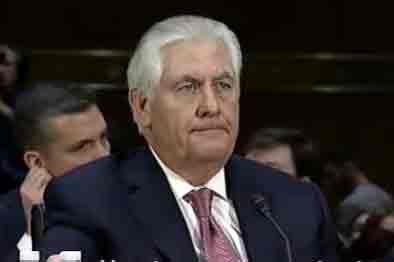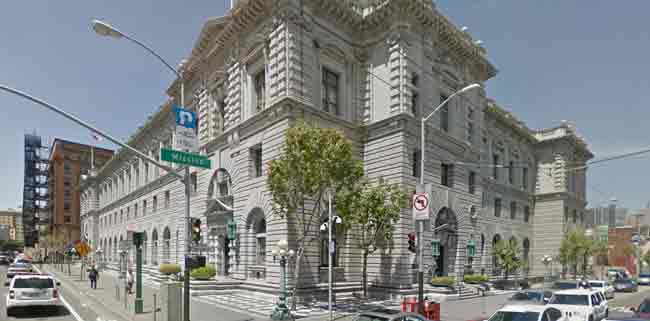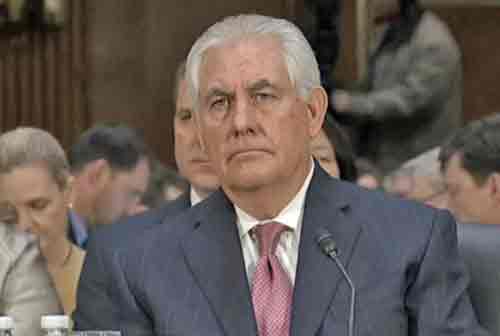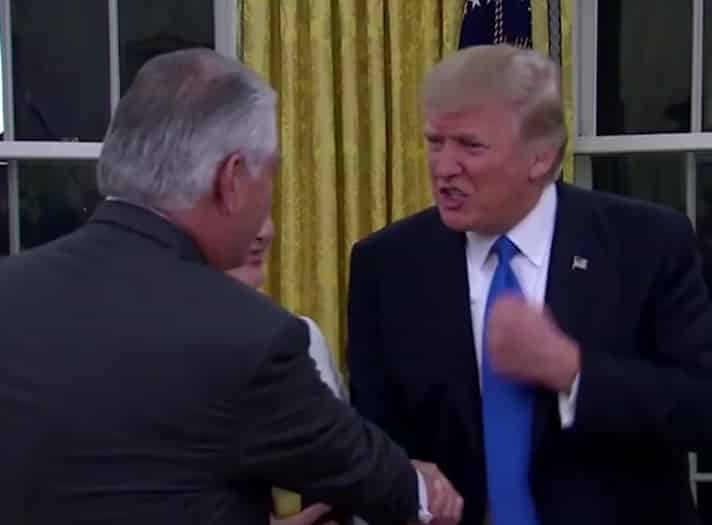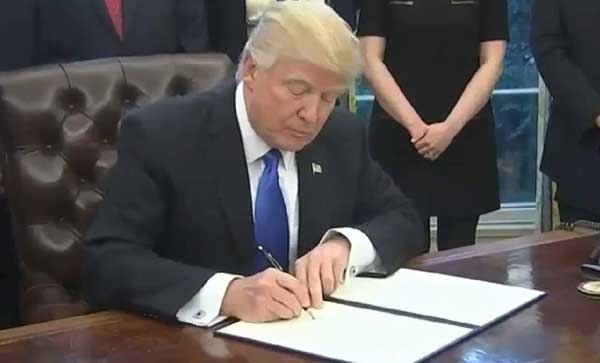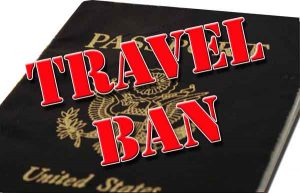 The Trump administration leans heavily on the rationale that refugees, as well as immigrants and travelers from certain countries, are a security risk to the United States. But it has proffered little evidence of that risk.
The Trump administration leans heavily on the rationale that refugees, as well as immigrants and travelers from certain countries, are a security risk to the United States. But it has proffered little evidence of that risk.
White House officials on Monday released a memorandum saying that the FBI is carrying out “terrorism related investigations” into approximately 300 individuals across the U.S. who were admitted as refugees.
When pushed for details, the senior DHS official declined further comment, saying only the 300 people were being investigated for “potential terrorism-related activities” and that it was “truly an alarming number from all our perspectives.”
* Differences in executive orders restricting travel (click here to see)
Smoother rollout?
Administration officials are promising a smoother rollout this time, insisting the White House has cooperated with DHS, the State Department, and the Justice Department on drafting and implementing the new executive order.
“We’re going to have a very smooth implementation period,” the senior DHS officials told reporters in a press call, adding that there will not be any “chaos, or alleged chaos” at airports.[xyz-ihs snippet=”adsense-body-ad”]The original order was announced early on the evening of Jan. 27, a Friday right when most federal employees were finishing their first full week of work under the new administration, creating confusion at international airports across the country.
Travelers from the seven countries – including legal permanent residents of the United States – were detained by U.S. Customs and Border Protection agents. Law enforcement didn’t know what to do with the refugees mid-flight when the order came down that banned them as well.
Still others were turned away at airports abroad, denied by airline officials who questioned the validity of their already-issued visas.
DHS Secretary John Kelly, who was confirmed by the Senate a week before the original executive order was issued, shouldered the blame for the bungled implementation of the original order.
“The thinking was to get it out quick so that potentially people that might be coming here to harm us would not take advantage of some period of time they could jump on an airplane and get here,” he testified at a hearing of the House Homeland Security Committee on Feb. 7.
More than a dozen lawsuits were filed across the country challenging the January order. Federal appeals court judges ruled in February to suspend the order in support of the “free flow of travel,” as well as “in avoiding separation of families, and in freedom from discrimination.”
Trump’s travel restrictions have not received broad public support. A poll released in late February by Pew Research Center showed that 59 percent of those surveyed opposed the ban, while 38 percent approved.
A CNN poll released Monday suggested that 55 percent of Americans disapprove of the way Trump has handled immigration issues, compared to 44 percent who approve. On national security issues, Americans were split, the poll found, with 50 percent approving and 49 percent disapproving.
Source: VOA
Pages: 1 2


